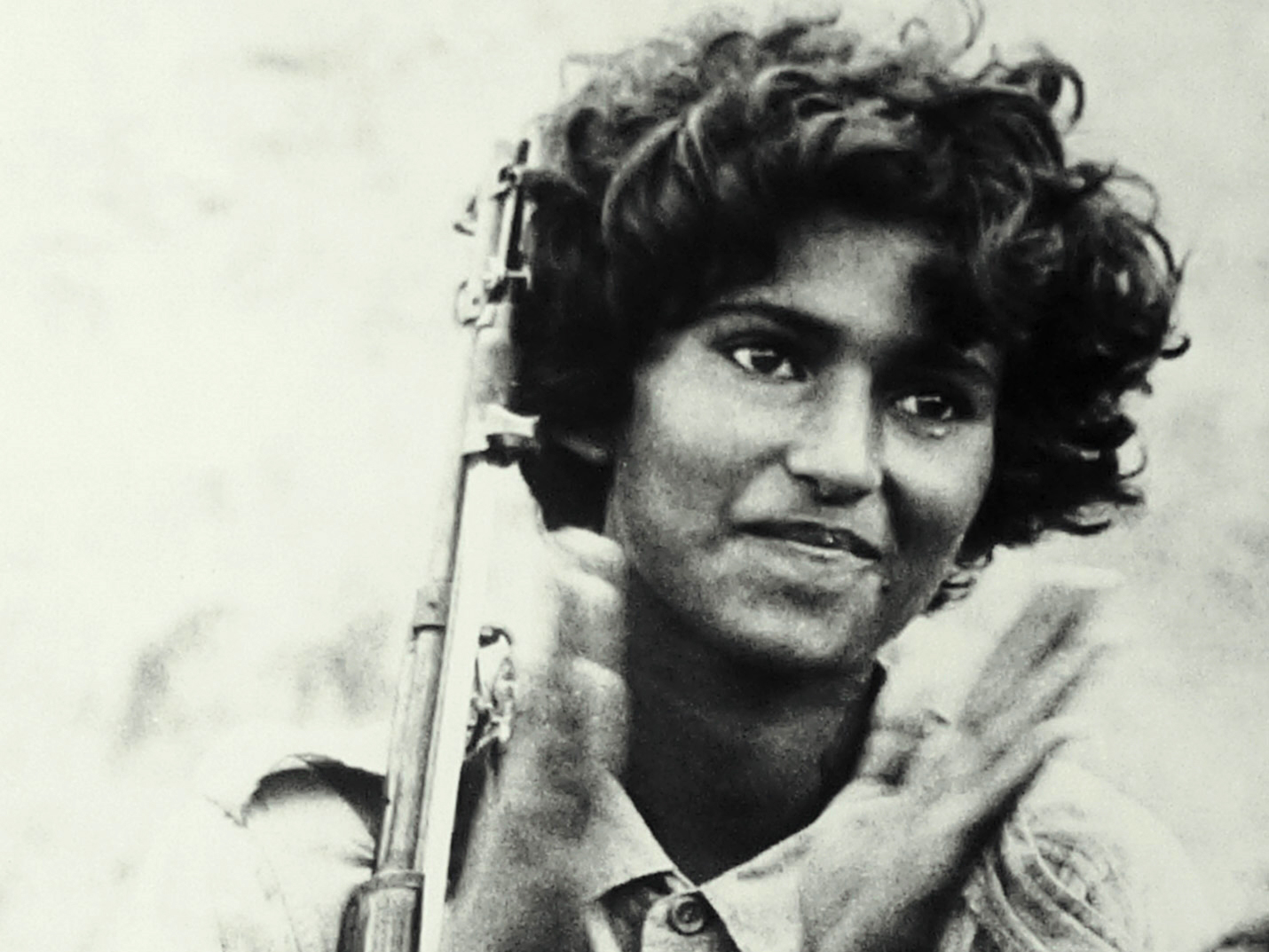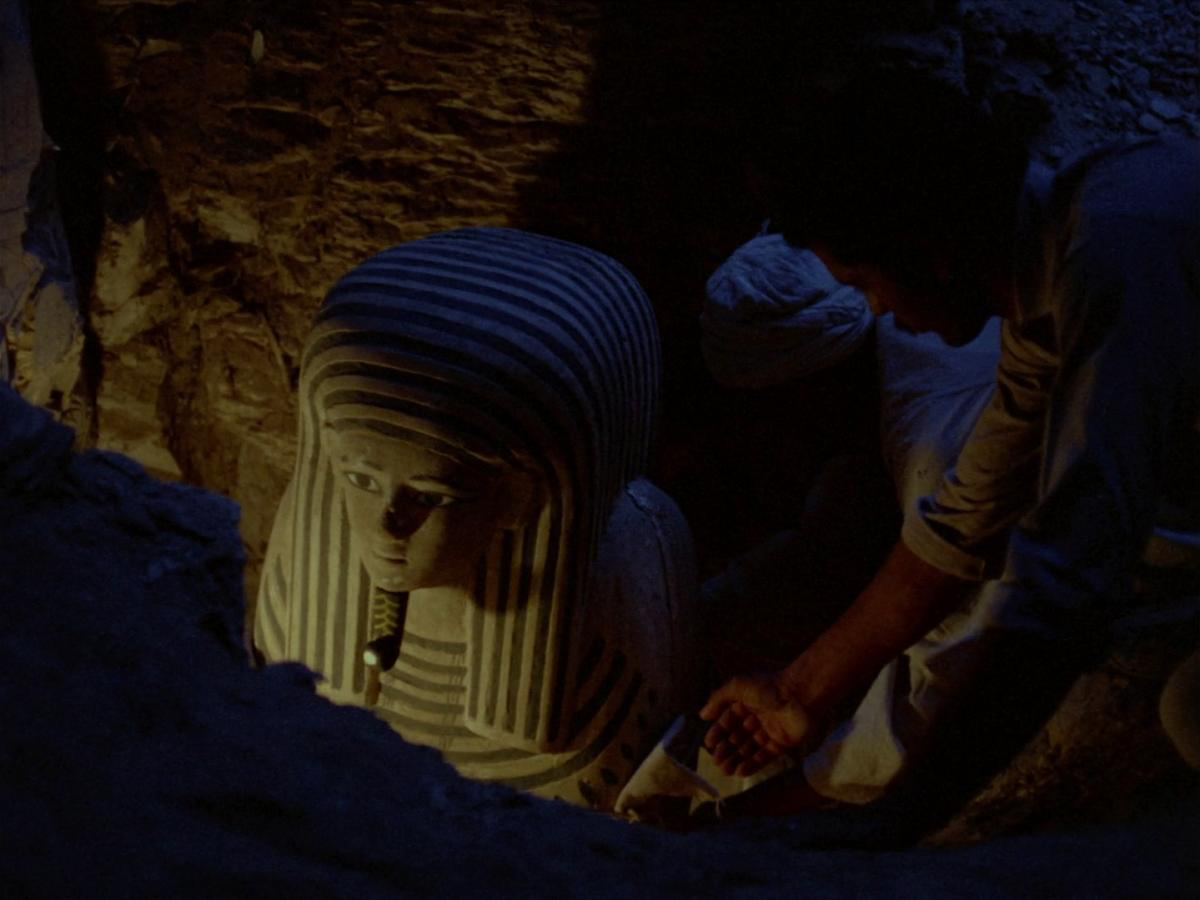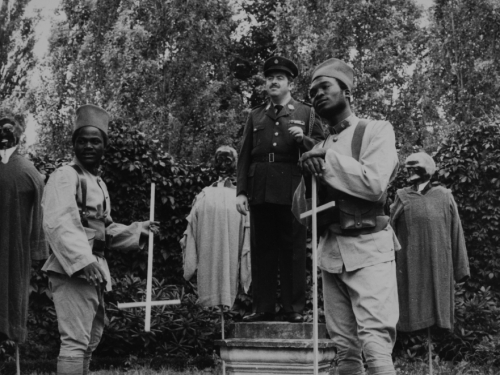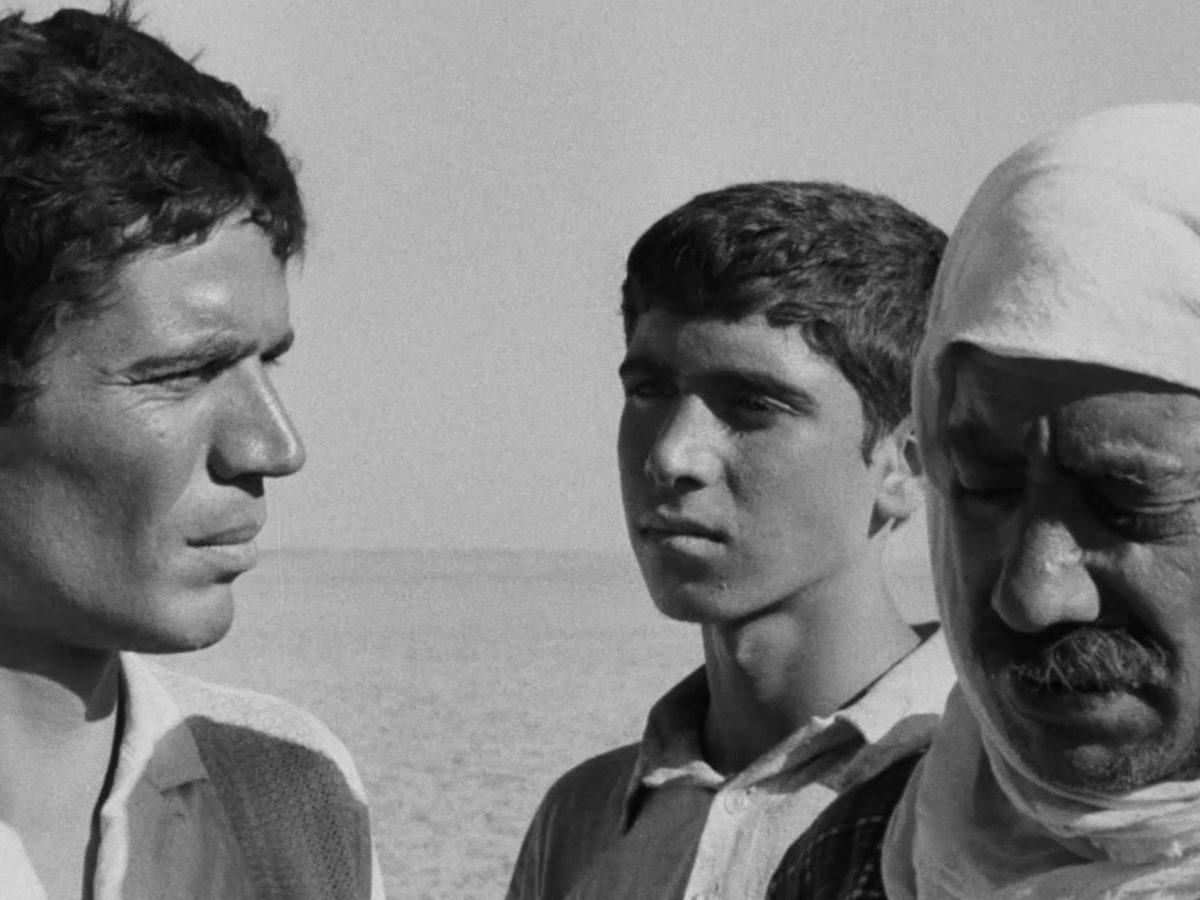Guy Hennebelle
Guy Hennebelle (1941–2003) was a French film historian, critic and journalist. Hennebelle first lived and worked in Algeria between 1965 and 1968, after completing his journalism studies in Belgium, where he edited the cinema section in the journal El Moudjahid and would write over 600 articles (though under the pseudonym Halim Chergui since 1966). Before and after his return to France, Hennebelle dedicated his career to the histories of marginal and militant filmmaking contexts. Subsequently he worked and wrote for many journals over time, including in Cinéma, Jeune Cinéma, Cahiers du Cinéma, Cinéaste, Cinéma-Québec, Jeune Afrique and later Afrique Asie. He also collaborated on a number of publications and special journal editions regarding militant cinema, namely Cinéma militant (1976) [Film Éditions Cinéma d’aujourd’hui], La Palestine au cinéma (1977), co-edited with Khemaïs Khayati, and Les cinémas d’Amérique latine (1981) [Éditions L’Herminier], edited with Alfonso Gumucio Dagron. He himself also wrote two major works on cinema: Quinze ans de cinéma mondial, 1960–1975 (1975), describing the emergence of ‘New Wave’ cinemas worldwide, and Cinéma et politique, de la politique des auteurs au cinéma d’intervention (1980). In 1978, Hennebelle and his wife Monique Martineau founded the film journal CinémAction. He would later also assume directorship of the Collection Septième Art [Les Editions du cerf] in 1983. Together with his wife, he also founded the journal Panoramiques. His last book Les cinémas nationaux contre Hollywood, a re-edition of Quinze ans de cinéma mondial, appeared posthumously in 2004.







